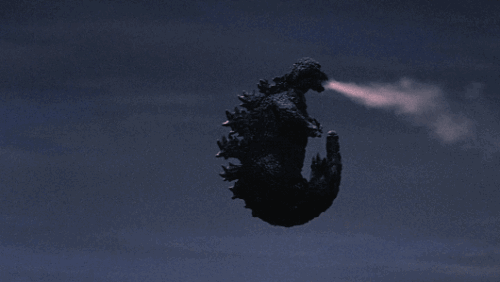Victory Day is a holiday that commemorates the Soviet victory over Nazi Germany in 1945. It was first inaugurated in the 15 republics of the Soviet Union following the signing of the German Instrument of Surrender late in the evening on 8 May 1945 (9 May Moscow Time). The Soviet government announced the victory early on 9 May after the signing ceremony in Berlin. Although the official inauguration occurred in 1945, the holiday became a non-labor day only in 1965, and only in certain Soviet republics.
The German Instrument of Surrender was signed twice. An initial document was signed in Reims on 7 May 1945 by Alfred Jodl (chief of staff of the German OKW) for Germany, Walter Bedell Smith, on behalf of the Supreme Commander of the Allied Expeditionary Force, and Ivan Susloparov, on behalf of the Soviet High Command, in the presence of French Major-General François Sevez as the official witness.
Since the Soviet High Command had not agreed to the text of the surrender, and because Susloparov, a relatively low-ranking officer, was not authorized to sign this document, the Soviet Union requested that a second, revised, instrument of surrender be signed in Berlin.
A second surrender ceremony was organized in a surviving manor in the outskirts of Berlin late on 8 May, when it was already 9 May in Moscow due to the difference in time zones.
During the Soviet Union's existence, 9 May was celebrated throughout it and in the Eastern Bloc. Though the holiday was introduced in many Soviet republics between 1946 and 1950, it became a non-working day only in the Ukrainian SSR in 1963 and the Russian SFSR in 1965
The celebration of Victory Day continued during subsequent years. The war became a topic of great importance in cinema, literature, history lessons at school, the mass media, and the arts. The ritual of the celebration gradually obtained a distinctive character with a number of similar elements: ceremonial meetings, speeches, lectures, receptions and fireworks.
Victory Day in modern Russia has become a celebration in which popular culture plays a central role. The 60th and 70th anniversaries of Victory Day in Russia (2005 and 2015) became the largest popular holidays since the collapse of the Soviet Union.
Megathreads and spaces to hang out:
- 📀 Come listen to music and Watch movies with your fellow Hexbears nerd, in Cy.tube
- 🔥 Read and talk about a current topics in the News Megathread
- ⚔ Come talk in the New Weekly PoC thread
- ✨ Talk with fellow Trans comrades in the New Weekly Trans thread
reminders:
- 💚 You nerds can join specific comms to see posts about all sorts of topics
- 💙 Hexbear’s algorithm prioritizes comments over upbears
- 💜 Sorting by new you nerd
- 🌈 If you ever want to make your own megathread, you can reserve a spot here nerd
- 🐶 Join the unofficial Hexbear-adjacent Mastodon instance toots.matapacos.dog
Links To Resources (Aid and Theory):
Aid:
Theory:


lot of racism
I’ve never seen it personally but urban legend has it in vidor Texas, famously a sundown town, they used to have a billboard that said something to the effect of “don’t let the sun set on your black ass in vidor Texas”
Idk how much of that is just urban legend but what is for sure is the klan had a pretty strong political presence there with several members sitting in local governance positions and of course the police
I wouldn't put it past them. The racism is very casual and nobody thinks twice when speaking that way. I wouldn't be surprised if s small down has a sign like that. My own small town has a "All Lives Matter" sign up on entering. I have many stories from growing up down there, and I've heard some bad shit from my own family. I've been having a minor culture shock with how ... different.... (white) people are down South after returning for some time. Though I don't want to come across like I'm saying only the Southern US has these problems, and my experience is just a small sliver of it all.